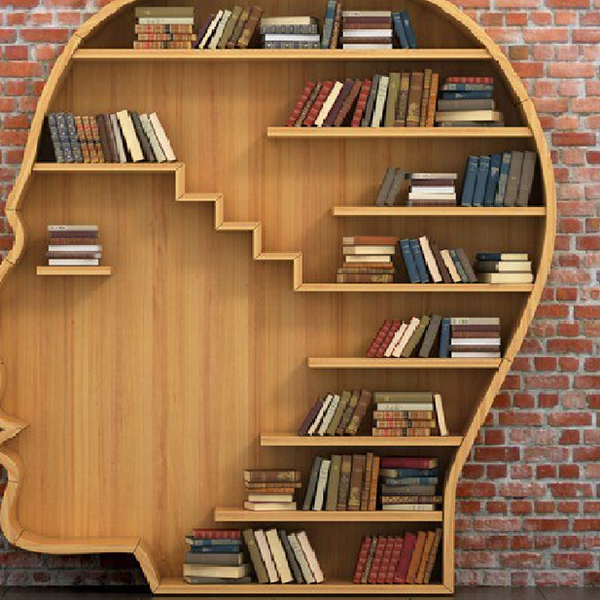The cultivation of the mind begins early on in life. The brain grows and develops based on what knowledge you provide for it. Today, children’s minds are no longer sustained on wholesome material that will benefit them. Instead, their minds are destined to remain dormant in many crucial areas due to the lack of activity they present to it. Reading has become obsolete to young children outside of school because of the many other novelties they have access to. Answers are no longer searched for in books, video clips have replaced reading passages and audio versions of text make reading a thing of the past. Reading exercised from a young age works throughout a human’s life to challenge the mind and make it stronger. Too often, measures are not being taken to promote and enforce reading outside of the classroom by teachers, parents or the community. Therefore, young students are put at a disadvantage when books hold little weight in their early years.
Research by The National Institute of Child and Human Development states, “reading is the single most important skill necessary for a happy, productive and successful life.” Keeping this in mind, why don’t parents and teachers encourage more reading outside of the classroom? Reading keeps the human mind sharp and focused while delivering the information and discipline it demands. According to statistics from the Importance of Reading with Children, 10 million children struggle with this fundamental skill and ten to fifteen percent of the children that have difficulty with reading eventually drop out of high school. Children are no longer reading enough to develop the skills that keep their minds thinking critically. The little amount of reading they participate in at school doesn’t benefit them as much as devoting extra hours away from school reading. How can children hone in on these abilities when they encounter so little exposure to books on a daily basis? The answer is they cannot. This issue may seem minuscule compared to others that children face while they are young, but as their brains grow and mature this problem becomes largely detrimental to them.
Statistics on The Importance of Reading with Children shows that the average kindergarten student has seen more than 5,000 hours of television, having spent more time in front of the TV than it takes to earn a bachelor's degree. Alone, this displays that not enough hours are being spent reading in order to maximize a students’ capabilities. A couple rebuttals on the implementation of reading enrichment for young students might consist of: technology being the future, new electronic methods for getting ideas across, and environmental dilemmas. With the advancement of technology today, an argument can be presented that books are no longer a staple in everyday like electronics are. Instead of focusing on the paper version of anything people can now rely on computers, websites, and databases for information and videos. Paper books in general are becoming obsolete due to the many electronic books on devices such the Nook or Kindle that also have Internet access. These electronic books create distractions with their capability to access the Internet, play games and download music and apps. Children cannot focus simply on reading with those types of luxuries just beyond their sticky fingertips. On the matter of environmental dilemmas some might argue that books are a waste of paper and an excessive entity that is very harmful to the environment. Though these are all valid points and propositions, they will not aid young children in the way that books will and always have.
Children are no longer pushed to read as often as they once were. This creates a serious problem for current and future generations. Reading started at a young age promotes success for children throughout the course of their lives and strengthens their cognitive development. Experts from The Importance of Reading with Children say it seems incredible for a book to launch a life, but it happens every day as hungry, inquisitive young minds reach out and grab hold of the new people, places and ideas that books bring them. When reading is considered with more depth, one might discover the inherent relationship that the mind and body share while participating in this task. The proficiency of reading is constantly changing and improving and allows everything to become open to any interpretation. These interpretations are that of which a child can build upon as they grow older and wiser.
























